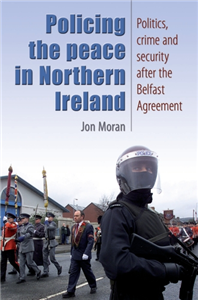Spectaculum 76
Sechs moderne Theaterstücke
by Peter Handke, Martin Heckmanns, Dea Loher, Tom Peuckert, Botho Strauß, Dominique Valentin
"Peter Handke: Untertagblues. Ein StationendramaEin Wilder Mann ist mit der Untergrundbahn unterwegs, seine Seelenlage ist hochexplosiv. Alle Passagiere werden Opfer seines Weltekels und seiner Beschimpfungen, bis eine Zusteigende ihn zum Schweigen bringt und den Konterpart gibt, ohne daß er noch einmal zu Wort kommt.Martin Heckmanns: Das wundervolle ZwischendingEin Liebespaar im siebten Jahr. Sie wollen noch einmal wissen, was geht und wie es geht, das Projekt Liebe, und drehen einen Film über sich, mit Happy-End oder Showdown ...Dea Loher: UnschuldIn »Unschuld« versammelt Dea Loher eine kleine Gesellschaft von Verzweifelten und Verstrickten, von Schuld-, Tod- und Schicksalssuchern in neunzehn ebenso skurrilen wie realistischen, aber auch poetischen Szenen vom Rand unserer Gesellschaft.Tom Peuckert: LuhmannIm Sterbezimmer des großen Denkers treffen ein männlicher und ein weiblicher Clown aufeinander; ein Student Luhmanns, ewiger Querulant, nähert sich dem Doktorvater an: ein humorvoller Abgesang auf den Humanismus in unserer Gesellschaft.Botbo Strauß: Die eine und die andereDominique Valentin: Friedhof MontparnasseSie ist die Hauptdarstellerin in ihrem eigenen Alptraum: Lebendig begraben, erwacht sie eingesperrt unter der Erde, mit einem Handy. Eine Komödie über einen alternden Star und über eine Gesellschaft, in der jeder immer erreichbar ist und dennoch keine Kommunikation zustande kommt."





















